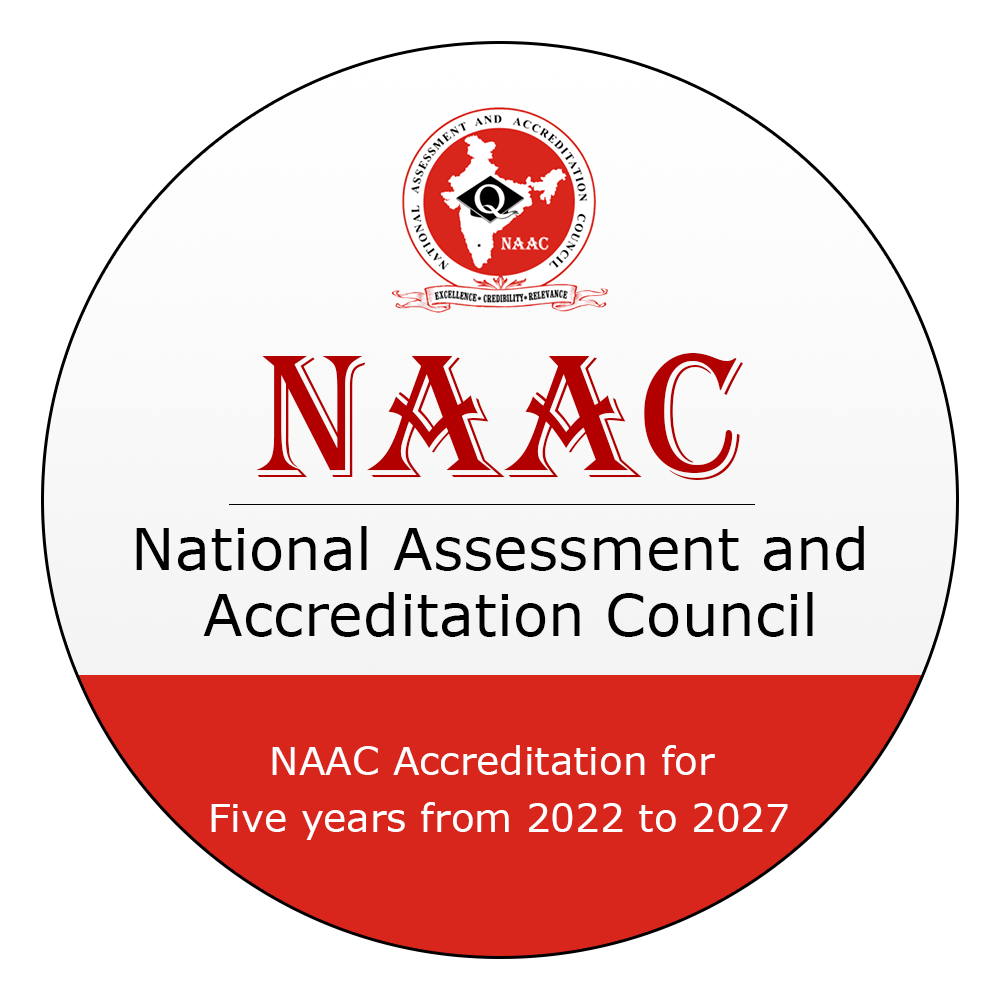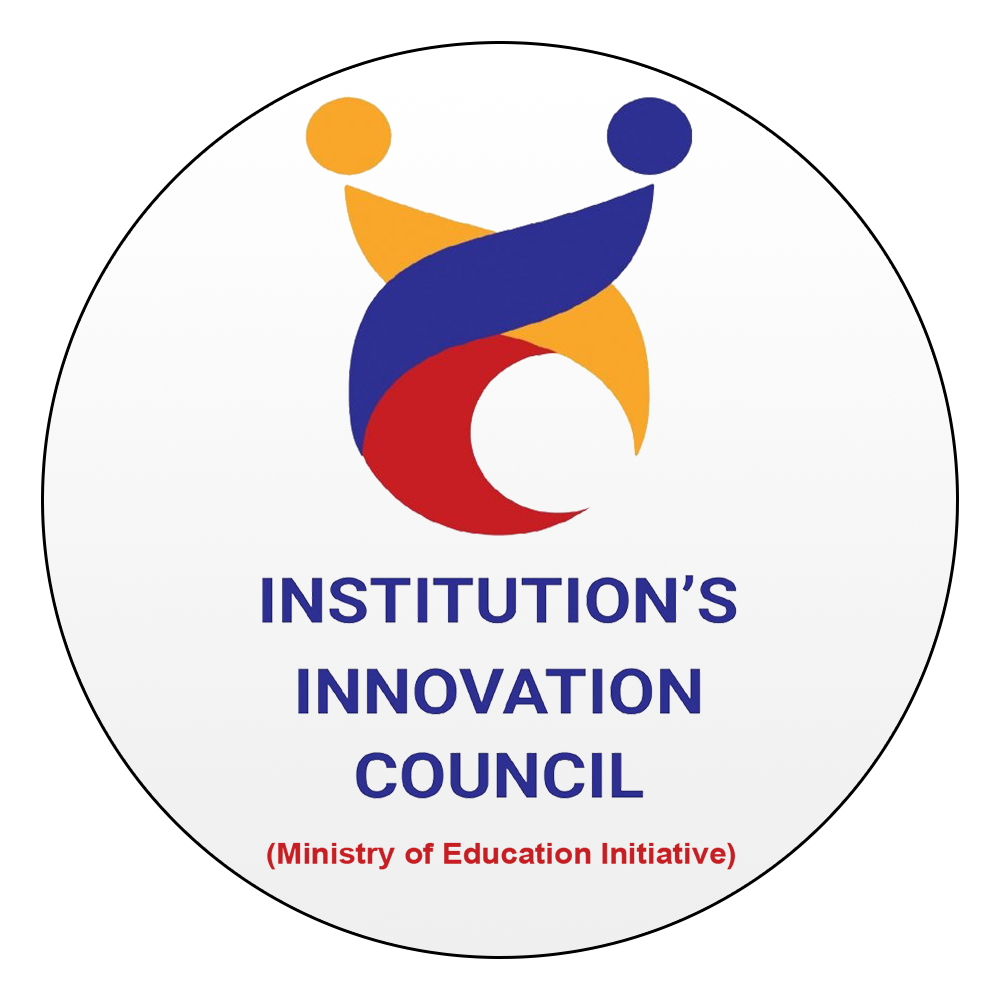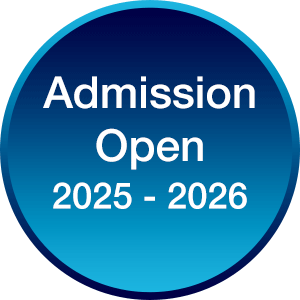ABOUT THE DEPARTMENT
Transform Your Future with Cutting-Edge B.E. C.S.E (Artificial Intelligence and Machine Learning) Courses at Jaya Engineering College
In an era driven by technological innovation, Jaya Engineering College proudly presents its comprehensive B.E. C.S.E courses in Artificial Intelligence (AI) and Machine Learning (ML) form this year 2024,designed to equip students with the skills and knowledge to thrive in the digital age.
Our B.E. C.S.E (AI and ML) programs offer a dynamic blend of theory and practical application, providing students with a solid foundation in core concepts while fostering hands-on experience through projects, internships, and industry collaborations. Taught by esteemed faculty members who are experts in their fields, our curriculum is continuously updated to reflect the latest advancements and trends in AI and ML.
Students enrolled in our B.E. C.S.E ( AI and ML) courses will delve into a wide range of topics, including but not limited to:
– Fundamentals of AI and ML algorithms.
– Data pre-processing and feature Engineering.
– Deep Learning and Neural Networks.
– Natural Language Processing (NLP) and Computer Vision.
– Reinforcement Learning and Robotics.
– Ethical considerations and societal impacts of AI.
Beyond the classroom, students will have access to state-of-the-art laboratories equipped with cutting-edge technology, allowing them to experiment and innovate in a supportive and collaborative environment. Additionally, our strong industry partnerships provide ample opportunities for internships, research projects, and networking, ensuring that students graduate with real-world experience and industry connections.
Upon completion of the B.E. C.S.E ( AI and ML ) program at Jaya Engineering College, graduates will be well-prepared to pursue diverse career paths in fields such as Data Science, Software Engineering, Research, Consulting, and more. Whether aiming to revolutionize industries, tackle global challenges, or simply make a difference in the world, our graduates are poised to lead the way in harnessing the power of AI and ML for positive change.
Join us at Jaya Engineering College and embark on a transformative journey where innovation meets excellence, and where the future of technology is yours to shape.
PROGRAMME EDUCATIONAL OBJECTIVES (PEO)
| PEOs | PROGRAMME EDUCATIONAL OBJECTIVES |
|---|---|
| PEO1 | Apply their technical competence in computer science to solve real world problems, with technical and people leadership. |
| PEO2 | Conduct cutting edge research and develop solutions on problems of social relevance. |
| PEO3 | Work in a business environment, exhibiting team skills, work ethics, adaptability and lifelong learning. |
PROGRAMME OUTCOMES (PO)
| POs | PROGRAMME OUTCOMES |
|---|---|
| PO1 | Engineering knowledge: Apply the knowledge of mathematics, science, engineering fundamentals, and an engineering specialization to the solution of complex engineering problems. |
| PO2 | Problem analysis: Identify, formulate, review research literature, and analyze complex engineering problems reaching substantiated conclusions using first principles of mathematics, natural sciences, and engineering sciences. |
| PO3 | Design/development of solutions: Design solutions for complex engineering problems and design system components or processes that meet the specified needs with appropriate consideration for the public health and safety, and the cultural, societal, and environmental considerations. |
| PO4 | Conduct investigations of complex problems: Use research-based knowledge and research methods including design of experiments, analysis and interpretation of data, and synthesis of the information to provide valid conclusions. |
| PO5 | Modern tool usage: Create, select, and apply appropriate techniques, resources, and modern engineering and IT tools including prediction and modeling to complex engineering activities with an understanding of the limitations. |
| PO6 | The engineer and society: Apply reasoning informed by the contextual knowledge to assess societal, health, safety, legal and cultural issues and the consequent responsibilities relevant to the professional engineering practice. |
| PO7 | Environment and sustainability: Understand the impact of the professional engineering solutions in societal and environmental contexts, and demonstrate the knowledge of, and need for sustainable development. |
| PO8 | Ethics: Apply ethical principles and commit to professional ethics and responsibilities and norms of the engineering practice. |
| PO9 | Individual and team work: Function effectively as an individual, and as a member orleader in diverse teams, and in multidisciplinary settings. |
| PO10 | Communication: Communicate effectively on complex engineering activities with the engineering community and with society at large, such as, being able to comprehend and write effective reports and design documentation, make effective presentations, and give and receive clear instructions. |
| PO11 | Project management and finance: Demonstrate knowledge and understanding of the engineering and management principles and apply these to one’s own work, as a member and leader in a team, to manage projects and in multidisciplinary environments. |
| PO12 | Life-long learning: Recognize the need for, and have the preparation and ability to engage in independent and life-long learning in the broadest context of technological change. |
PROGRAMME SPECIFIC OUTCOMES (PSO)
| PSOs | PROGRAMME SPECIFIC OUTCOMES(PSO’s) |
|---|---|
| PSO1 | Exhibit design and programming skills to build and automate business solutions using cutting edge technologies. |
| PSO2 | Strong theoretical foundation leading to excellence and excitement towards research, to provide elegant solutions to complex problems. |









For Online Grievance : onlinegrievance@jec.ac.in